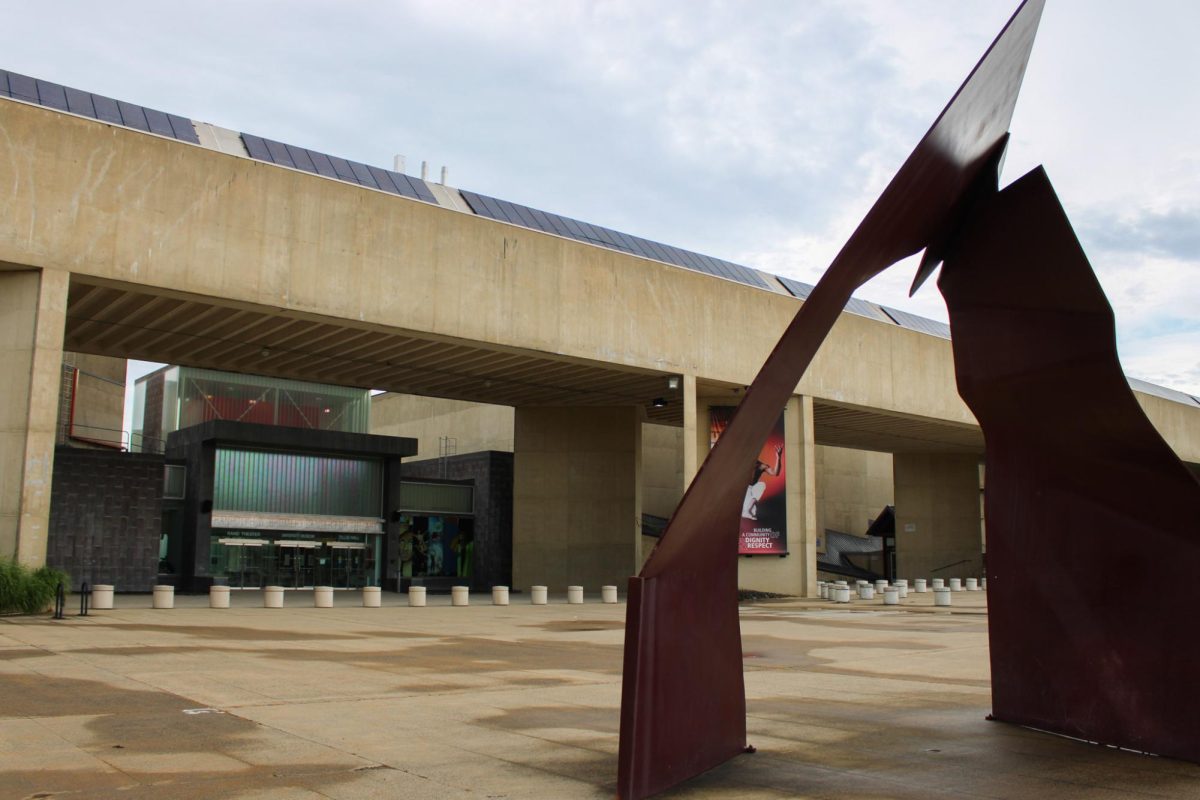On July 29, 2024, both Nicolás Maduro and his opposition, Edmundo González Urrutia, declared themselves winners of the 2024 Venezuelan presidential election, which occurred the day before. The National Electoral Council (CNE) corroborated Maduro’s claim, one that has been met with accusations from the opposition and international community of fraud and lacking in evidence.
“What happened in July and is happening now is the continuation of a long saga of Maduro working to stay in power,” said MJ Peterson, a University of Massachusetts political science professor.
Millions of Venezuelan citizens took to the polls on July 28, hoping for a change to the current Chavista-led government. Earlier this year, the Venezuelan government ruled to bar opposition leader María Corina Machado from holding office citing her support for U.S. sanctions, derailing the opposition’s initial plan to have Machado run against Maduro. This effectively placed the people of Venezuela’s hope in the hands of Machado’s surrogate, González Urrutia.
“[Machado] endorsed the idea that he should run instead because he was not under the ban,” Peterson said. “And the other opposition parties rallied to this.”
The CNE claims that Maduro took 51 percent of the vote, with González Urrutia taking 44 percent. Despite these claims, the CNE has yet to release any of the voting records to support Maduro’s supposed victory. The Democratic Unitary Platform (PUD) has disputed these claims, in favor of González Urrutia, stating that “this is the Venezuelan election with the largest margin of victory in history.”
The PUD has released its own records of the results, publishing 80 percent of the voting tallies they received directly from electronic voting machines at polling stations. These results indicate that González Urrutia won the election in a landslide, beating Maduro by around 30 percent of the vote.
On Aug. 1, United States Secretary of State Antony J. Blinken released a statement in solidarity with the people of Venezuela, denouncing the Maduro-controlled CNE as “deeply flawed.”
“The CNE’s rapid declaration of Nicolás Maduro as the winner of the presidential election came with no supporting evidence,” Blinken said in the statement. Blinken also went on to say that irregularities throughout the process have “stripped the CNE’s announced outcome of any credibility.”
Since then, the US government has officially recognized González Urrutia as president-elect of Venezuela. Other nations have joined in condemning the Venezuelan government’s handling of the election.
The European Union, Brazil and Colombia are amongst the international powers demanding electoral officials release the voting records supporting the president’s reelection. On the other hand, nations such as Russia, China, Iran and others have congratulated Maduro on his victory despite the lack of evidence.
In September, Maduro’s government pushed González Urrutia to exile after issuing an arrest warrant accusing the candidate of falsifying documents, usurpation and conspiracy. González Urrutia fled to Spain and has resided there since.
In a statement released on X, formerly known as Twitter, González Urrutia said he was coerced into signing a document recognizing Maduro’s win to ensure his safe passage out of the country.
“In those moments, I felt I would be more useful free, rather than incarcerated and incapable of completing the tasks entrusted to me by the sovereign,” González Urrutia said.
What’s next for Venezuela?
On Oct. 16, Maduro announced that he would be inaugurated for his third term in office. “I will formally attend and take the oath of office in accordance with the Constitution,” Maduro said. His government has already begun preparations for his inauguration, including inviting foreign leaders to attend. Brazil’s President Luiz Inácio Lula da Silva has indicated that he will not attend.
“Maduro is signaling very clearly he’s going to stay in power and he doesn’t care what anybody else thinks,” Peterson said.
Machado has stated that she believes González Urrutia will be inaugurated on Jan. 10. She says this depends on the actions of Venezuelans in and outside of the country, but that she trusts the Venezuelan people to do the right thing.
“The only way I can see [Maduro relinquishing power] is if the military makes a decision that they’re not going to side with him,” Peterson said. Maduro has long-time allies with authority figures in the Venezuelan military, but Peterson believes the military could choose to side with the people.
“The most dangerous moment for an authoritarian leader is when the state security structure, or some significant piece of it, turns against the leader,” Peterson said.
Foreign powers have continued to voice their opposition to the results of the election, urging the government to release its voting records before the inauguration.
On Tuesday, Dec. 3, the top UN watchdog group announced that it would begin an investigation into the claims of a stolen election after receiving a petition from Venezuelan citizens. The organization has urged the Venezuelan government to avoid destroying the voting records before they can conduct their formal inquiry.
In the weeks since Donald Trump’s U.S. presidential election win, Maduro has attempted to extend an olive branch to the President-elect, hoping to start their relationship fresh. In Trump’s first term, he supported Maduro’s opposition, Juan Guiadó. Trump’s current stance on the situation in Venezuela remains unknown.
The next President of Venezuela will be inaugurated on Jan. 10, 2025.
Gustavo Atencio Flores can be reached at [email protected]








